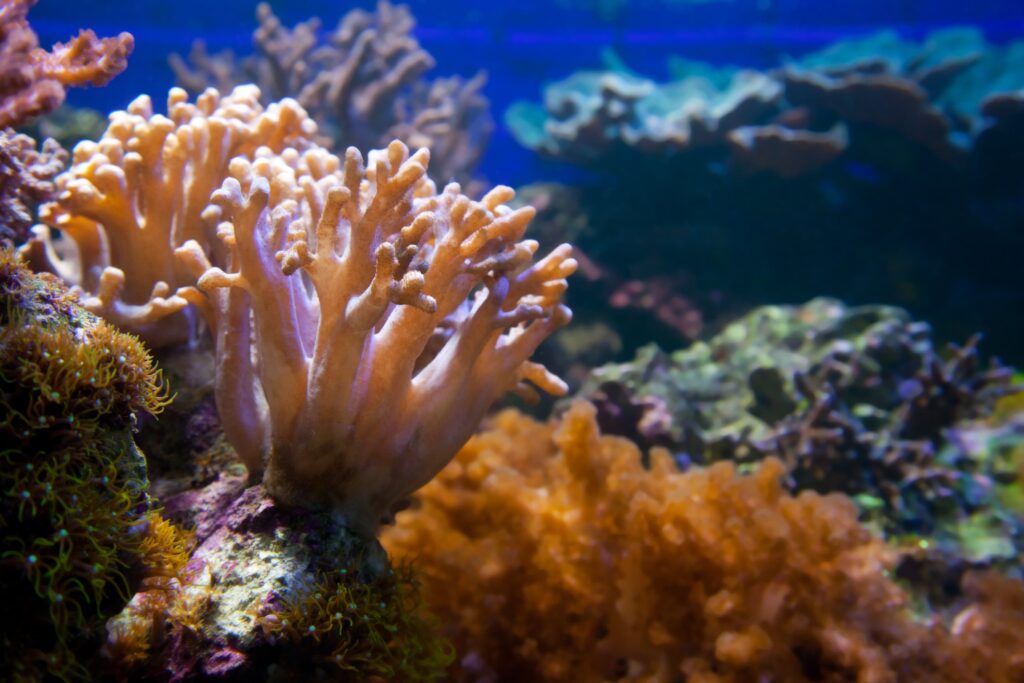WCS prioritises climate-resilient coral reefs for investment
Some coral reefs could stabilise or recover when local pressures are reduced.

AI models trained on decades of field, satellite, and shipboard data are reshaping coral reef forecasts, a Wildlife Conservation Society study reports. Published in Coral Reefs, the work finds that machine learning predicts reef outcomes more accurately than single-variable, heat-only models.
Results paint a mixed but more hopeful picture. Many reefs remain at serious risk, yet others could stabilise or recover, especially when local pressures such as overfishing, pollution, and coastal damage are reduced.
Researchers say ML captures ecosystem complexity, factoring in temperature variability, depth, currents, and human impacts to explain why climate effects are not uniform. That nuance helps identify resilient sites and pinpoint where management delivers the biggest gains.
The team urges pairing AI predictions with traditional field science and continued high-quality monitoring. Better data flow means sharper forecasts, more targeted protections, and smarter spending of limited conservation funds.
WCS is centring climate-resilient reefs in its global strategy, prioritising investments that can preserve biodiversity and coastal livelihoods. As lead author Tim McClanahan put it, ‘We cannot bury reefs while they are still living.’
Would you like to learn more about AI, tech and digital diplomacy? If so, ask our Diplo chatbot!

